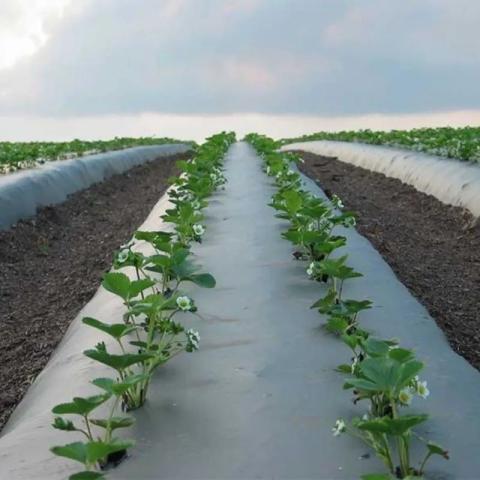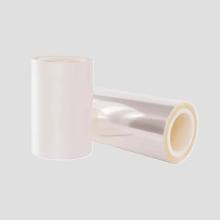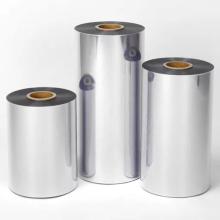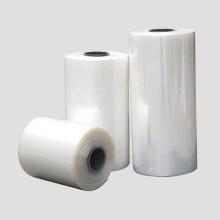Biodegradable mulch film is a modern agricultural technology product, which refers to the film made of biodegradable polymer materials to cover the ground of agricultural fields. Compared with the traditional petroleum-based non-degradable mulch film, biodegradable mulch film can be degraded into water, carbon dioxide and harmless biomass through the action of microorganisms or enzymes in nature within a certain period of time after it has completed its agronomic functions of heat preservation, moisture preservation and weed growth inhibition, thus avoiding the environmental pollution caused by the long-term residue in the soil.
Features
- Biodegradability: Biodegradable mulch film is mainly made of polymer materials of biological origin, such as polylactic acid (PLA) and polyhydroxy fatty acid ester (PHA), which have good biodegradability properties and can be degraded quickly and completely under suitable environmental conditions.
- Ecological safety: Biodegradable mulch films do not contain toxic and hazardous substances, such as heavy metals, bisphenol A, dioxins, etc., and the degradation process does not produce toxic by-products, which is conducive to maintaining the health of the soil ecosystem.
- Functionality: In addition to the insulation, water retention and grass suppression effects of traditional mulch film, the biodegradable mulch film can be converted into a part of the soil after degradation, which can increase the organic matter content of the soil, improve the soil structure, and enhance soil fertility.
- Controllability: The biodegradation speed can be adapted to different crop growth cycles and geographic and climatic conditions by regulating the material formulation and processing technology, ensuring that the mulch film starts to degrade effectively after the critical crop growth period.
Applications
Biodegradable mulch films are increasingly widely used in modern agriculture, mainly in the following aspects:
- Reducing pollution: applied to planting industry, especially in the sowing and seedling periods of many crops such as vegetables, fruits, cotton, etc., it can replace the traditional PE plastic film and effectively reduce the white pollution in farmland.
- Enhancement of agricultural productivity: The use of biodegradable mulch film helps to maintain soil temperature and humidity, promote seed germination and seedling growth, and at the same time reduce the pressure of weed management in the field.
- Sustainable agricultural development: as an important part of recycling agriculture, the degraded products of biodegradable mulch film can directly participate in the soil carbon and nitrogen cycle, which can help realize the recycling of resources and the green sustainability of agricultural production.
- Policy promotion: With the global awareness of environmental protection and the introduction of relevant regulations, more and more countries and regions are encouraging and supporting the research, development and promotion of biodegradable mulch films as one of the effective ways to solve the problem of plastic pollution in farmland.





